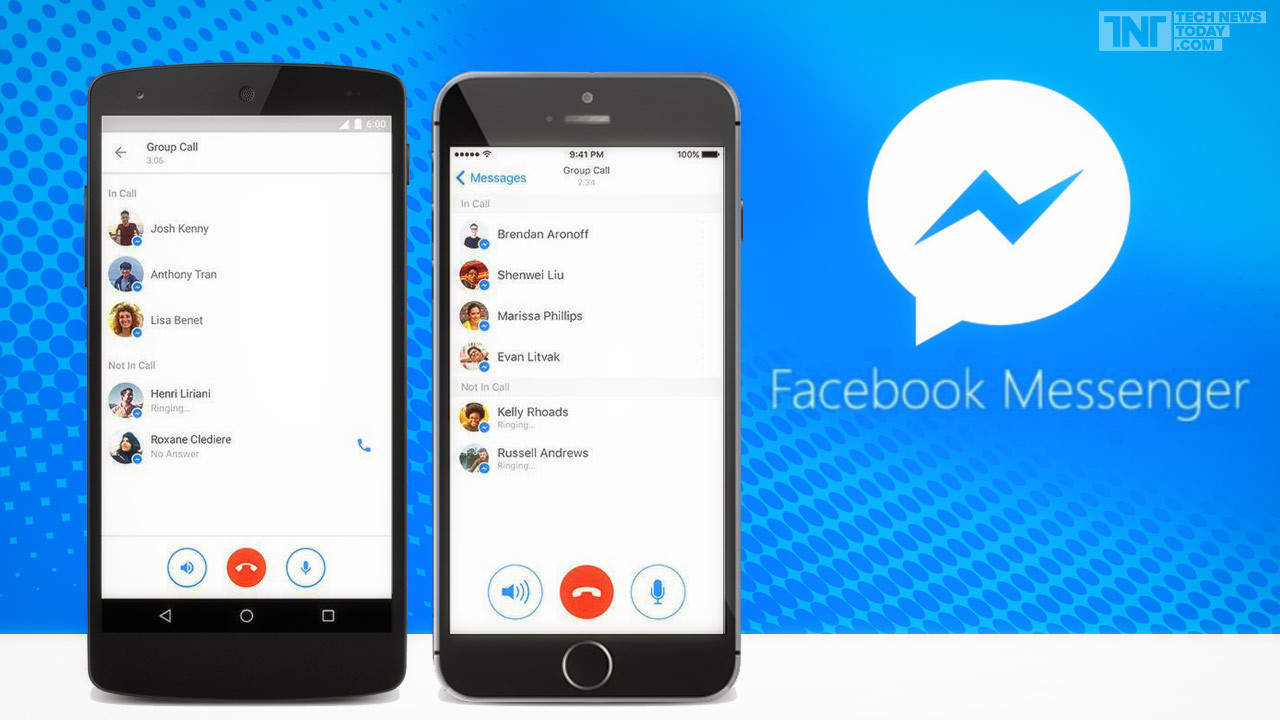
But machine learning is driving advances in AI which means this ability is constantly improving, the disastrous debut of Microsoft’s “Tay” notwithstanding. This is an area in which chat bots are still struggling – the ability to strike up a “conversation” with a person. This is tricky – a news Messenger bot is an altogether different proposition from an air travel offering – the audience could ask almost anything. People can also ask the bot questions about the news. Users can also opt-in to be sent messages about stories on particular topics, like business, sport, same-sex marriage and the US election. When stories break throughout the day, subscribers are sent a message offering the same service. The morning offering also includes a rundown of the news “prospects” – a list of scheduled news stories we’ll be covering during the day. It behaves in a very similar way to the acclaimed Quartz app.
NEWS MESSENGER APP FULL
It offers them the headlines, a chance to choose more detail if they’d like it, and the option to tap through to the full story. The ABC News Messenger bot pushes news to subscribers first thing in the morning. Google, Apple, Microsoft and Amazon have all announced major initiatives in messaging apps and the automation services that support them. They are a key part of a major shift in computing towards interactive services using artificial intelligence (AI)-based conversational interfaces using text or speech. Services like this are powered by automated services called chatbots (bots for short). The system can be set up to predict the sorts of questions travellers are likely to ask an airline, and the capacity to home in on these questions and provide meaningful answers can be built in. Of course, this works particularly well where there is a relatively narrowly-defined relationship between the provider and the audience. For example, you could ask the app “Is my flight on time?”, “What’s my baggage allowance?”, “What gate do I leave from?” or even “What’s the weather like in ?” and instantly get a sensible answer via Messenger. This information can include boarding passes, information about flight delays and information about partner services in the destination city – hire cars, hotels and so on.īut the magic happens when the communication flows in the other direction. If you agree, the airline can send you information about your flight via the Messenger app. Once you’ve booked your ticket, the airline asks if you’d like to be kept up to date via Messenger. With 60 per cent women and a similar proportion aged under 45, it shapes as a key channel through which to access audiences we have always found hard to reach (Nielsen DRM).Īirlines have been among the early adopters of chat app capability.

In July, Messenger boasted 11.4 million users in Australia. Much quoted analyst Mary Meeker called apps the second mobile home screen in her 2016 State of the Internet report. There is ample evidence of the popularity of these apps.

Since then, we have been testing a broader news app and after testing on a small group it was public from Monday, October 31. On election night, the audience was able to ask our Messenger bot for live election updates on a seat-by-seat basis. Since shortly before the federal election, ABC News has been experimenting with using Facebook Messenger to deliver news. There has been buzz around chat apps being the “beginning of a new internet” for some time, but until recently these apps have been used as simply one-to-one, or sometimes one-to-several, communications tools.


 0 kommentar(er)
0 kommentar(er)
